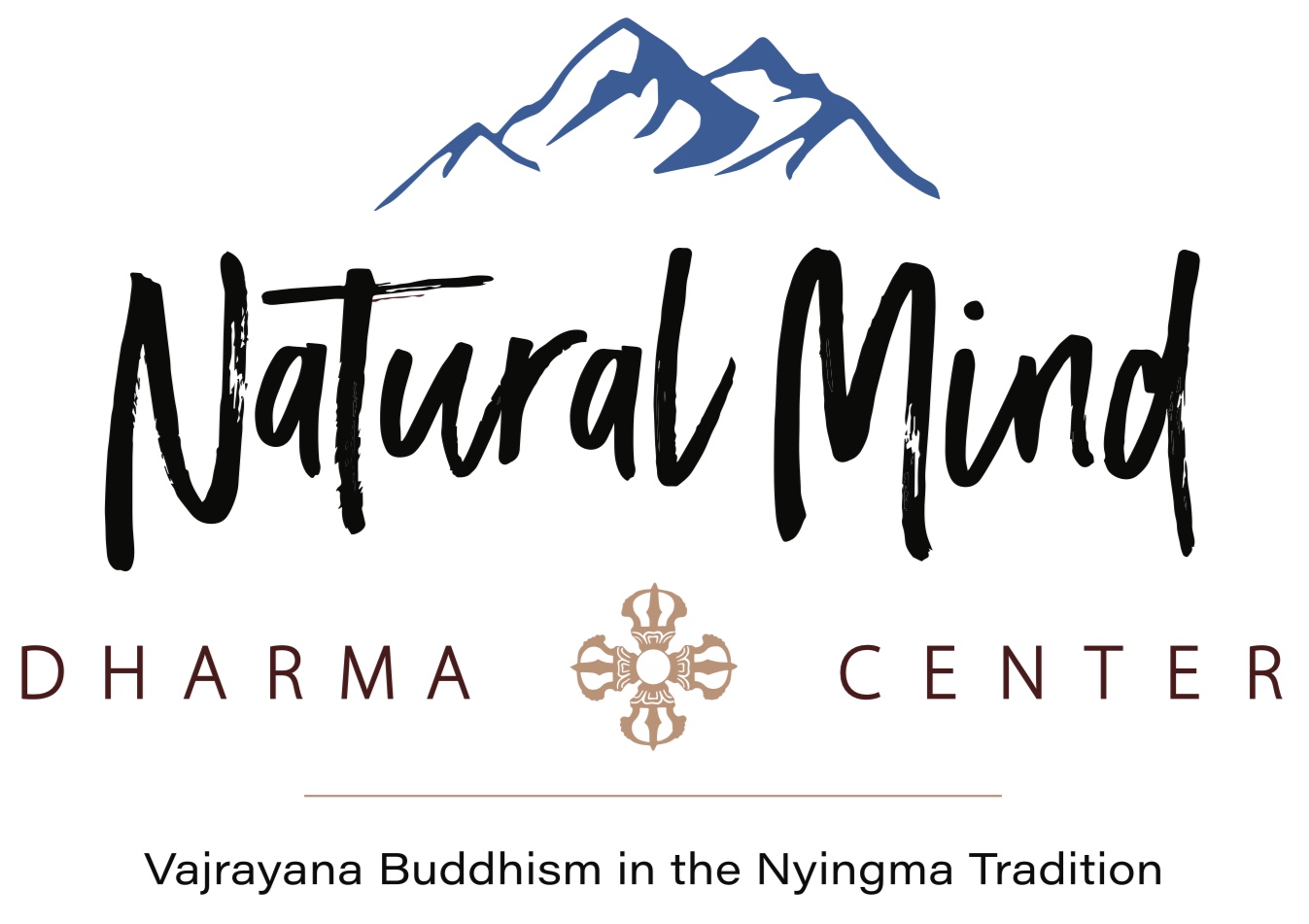Privileged
“When you are accustomed to privilege, equality feels like oppression.” I have come across this quote in various forms, from various sources. It surfaces in the arena of racial, gender, and socio-economic identity but I am struck how it encapsulates much of what Buddhism teaches. Our ego structure assumes a kind of privilege that feels threatened when it cannot maintain a sense of separateness. Buddha suggested this is what causes so much suffering for ourself and others.
I find it interesting how basic understanding of our mind and sense of self does not show up in our educational system—unless behavior gets out of control and we are sent to the principal’s office or the school counselor. Maybe we should hold class in the counselor’s office and other learning may be added as necessary to gain our livelihoods. I wonder what the world would be like if we addressed the fundamental nature of mind and personal identity through all our institutions.
I look at the faces of our sangha and myself. We are wonderful loving beings but still represent mostly white privileged folks. Buddhism in America seems to appeal to educated white people. Even Vajrayana Buddhism developed within a relatively pure Tibetan mono-culture and traditionalists still cling to a bit of superiority regarding how the Dharma is taught to other cultures and ethnic groups. For instance, some lamas believe one has to learn Tibetan in order to access the teachings.
If privilege can arise in even the most sublime spiritual guidance, what are we to do? It is important to notice when we perceive ‘other’. Whenever we judge or demonize a person, we adopt a kind of arrogance where we assume a position of ‘rightness’. The ‘other’ is framed as wrong color, wrong believing, out-of-touch, etc. This is very subtle. We might ascribe to inclusivity on a conceptual level but fail to act inclusively in our deliberations and actions. Buddha broke with the pervasive notion of his own culture that people are born to a particular caste and destined to stay there. He taught this kind of judgment and separateness was not beneficial and opened his monasteries to all beings.
The fruit of meditation practice necessarily involves the break down of unhealthy ego boundaries, ideas of self as opposed to others. But this does not happen if we engage practice without proper motivation. When we generate bodhicitta (the heart/mind of compassion) in any language for beings of any color or persuasion, our practice becomes an extension of that. Privilege has no place here—so we place a compassionate sentinel, the mind of equanimity, at the gates of our body, speech, and mind.
Buddha taught about this in the Sutta Nipata. After describing all the strange attributes of a human body, he said, “Whoever would think, on the basis of a body like this, to exalt himself or disparage another: what is that if not blindness?” Visualize a bunch of white skin, stripped from numerous bodies and piled in one place. I doubt anyone would find it appealing—including a privileged white person.
